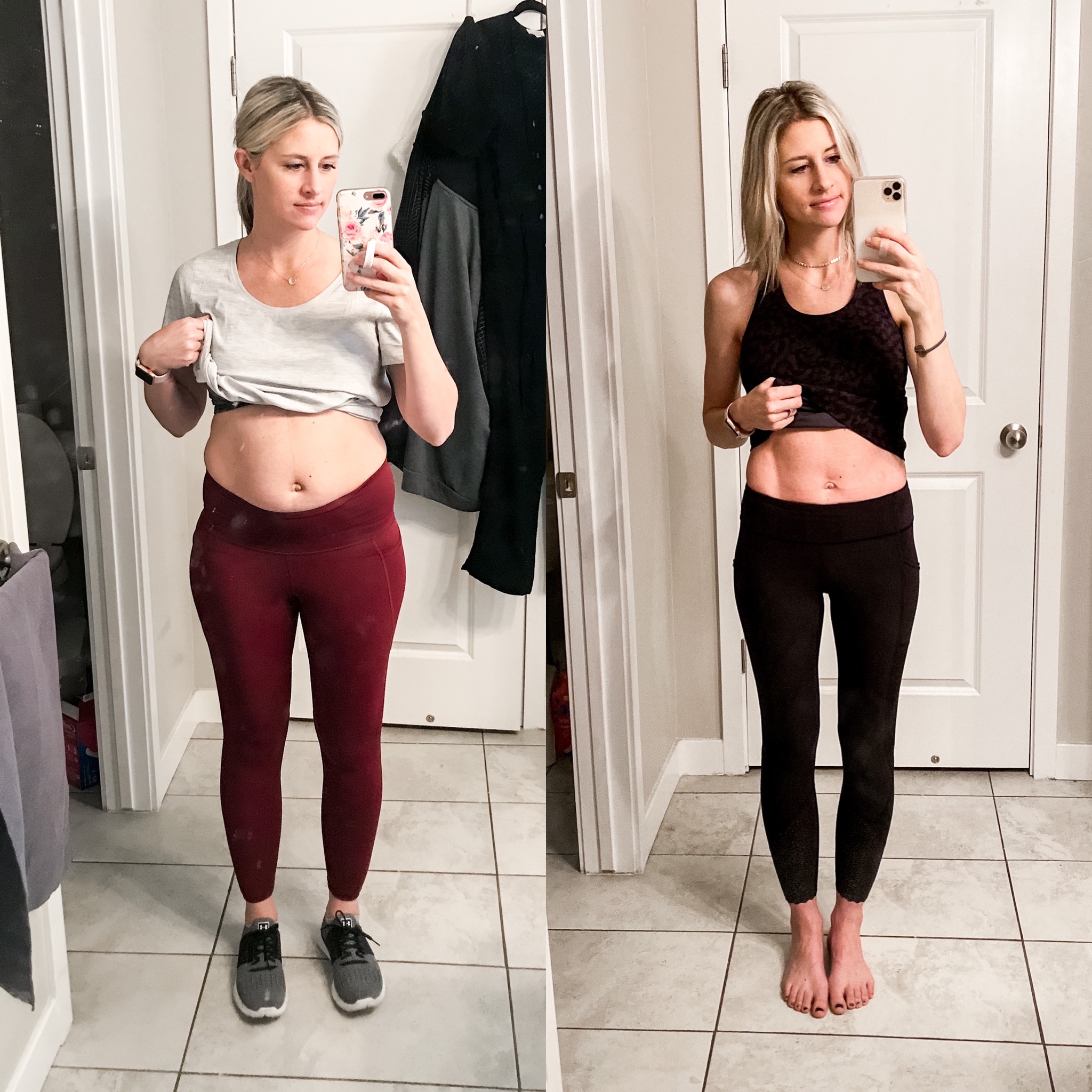Introduction
The Effects of Sugar on the Body
In the human body, excessive sugar consumption can lead to various health issues such as weight gain, increased risk of heart disease, diabetes, and tooth decay. When sugar is consumed, the body metabolizes it into glucose, which is used as energy. However, excess glucose is stored as fat, leading to weight gain. Moreover, constant spikes in blood sugar levels can strain the pancreas, potentially causing insulin resistance and diabetes. Additionally, sugar can contribute to inflammation, affecting overall health negatively.
Benefits of Eliminating Sugar from Your Diet
Eliminating sugar from your diet can bring about numerous benefits, including weight loss, improved energy levels, better dental health, reduced risk of chronic diseases like diabetes and heart disease, clearer skin, and enhanced mental clarity. By cutting out added sugars, one can stabilize blood sugar levels, improve insulin sensitivity, and reduce inflammation in the body. This not only aids in weight management but also supports overall well-being. Making conscious choices to reduce sugar intake and opt for healthier alternatives can have a positive impact on one’s health in the long run.

Week 1-2: Initial Changes
Withdrawal Symptoms
During the initial weeks of reducing sugar intake, individuals may experience withdrawal symptoms such as cravings, mood swings, and headaches as the body adjusts to lower glucose levels. However, persisting through this phase leads to numerous benefits. Energy levels often improve significantly without the constant spikes and crashes associated with sugar consumption. This newfound energy can enhance productivity and overall well-being. By making conscious choices to cut out added sugars and opting for healthier alternatives, individuals pave the way for weight loss, improved mental clarity, clearer skin, and reduced risk of chronic diseases, fostering a healthier lifestyle.

Week 3-4: Physical and Mental Changes
Weight Loss
Continuing into weeks 3-4 of reducing sugar intake, individuals may notice significant physical and mental changes. Weight loss becomes more evident as the body continues to adapt to lower sugar consumption, leading to a healthier body composition. Improved focus and mental clarity are also common benefits experienced during this phase. By maintaining a sugar-reduced diet, energy levels stabilize, reducing feelings of fatigue, and enhancing cognitive function. Embracing this lifestyle change not only contributes to better physical health but also boosts overall mental well-being, empowering individuals to lead a more fulfilling and energized life.

Week 5-6: Blood Sugar Regulation
Stability
Entering weeks 5-6 of maintaining a reduced sugar intake, individuals witness a positive shift in blood sugar regulation. The stability in blood sugar levels becomes noticeable, preventing sudden spikes and crashes that are common with high sugar consumption. This stability not only aids in sustaining energy levels but also promotes overall well-being. Furthermore, by continuing on this path, individuals significantly reduce their risk of developing type 2 diabetes, enhancing their long-term health outcomes. Embracing these changes fosters a healthier lifestyle, ensuring a balanced approach to physical and mental well-being.

Week 7-8: Long-Term Effects
Improved Skin Health
Transitioning into weeks 7-8 and maintaining a reduced sugar intake continues to bring positive transformations. Individuals now experience improved skin health as a result of their dietary changes. Reduced sugar consumption plays a vital role in minimizing skin issues like acne, leading to clearer and healthier skin. Additionally, embracing this lifestyle adjustment contributes to enhanced mood levels. Stable blood sugar levels positively impact mental well-being, promoting a more balanced and positive emotional state. By prioritizing sustainable habits, individuals are on a path to long-term health benefits and overall well-being.





